Seasonal produce you should be eating this Autumn
By Louise Belle BHSc (Nut Med)
It is always best to eat seasonal fruit and vegetables if you can. The produce that you buy out of season has either been kept in storage for months, imported from overseas or grown in a hot house. This not only effects the flavour, but the nutrient content also. Freshly farmed produce is packed full of amazing vitamins and minerals. These nutrients diminish over time, so it is always best to buy produce that is in season. It is also much cheaper to do so, as the farmers have a large abundance of the produce and can afford to sell it at a lower price. Try incorporating these fruit and vegetables into your diet this Autumn:
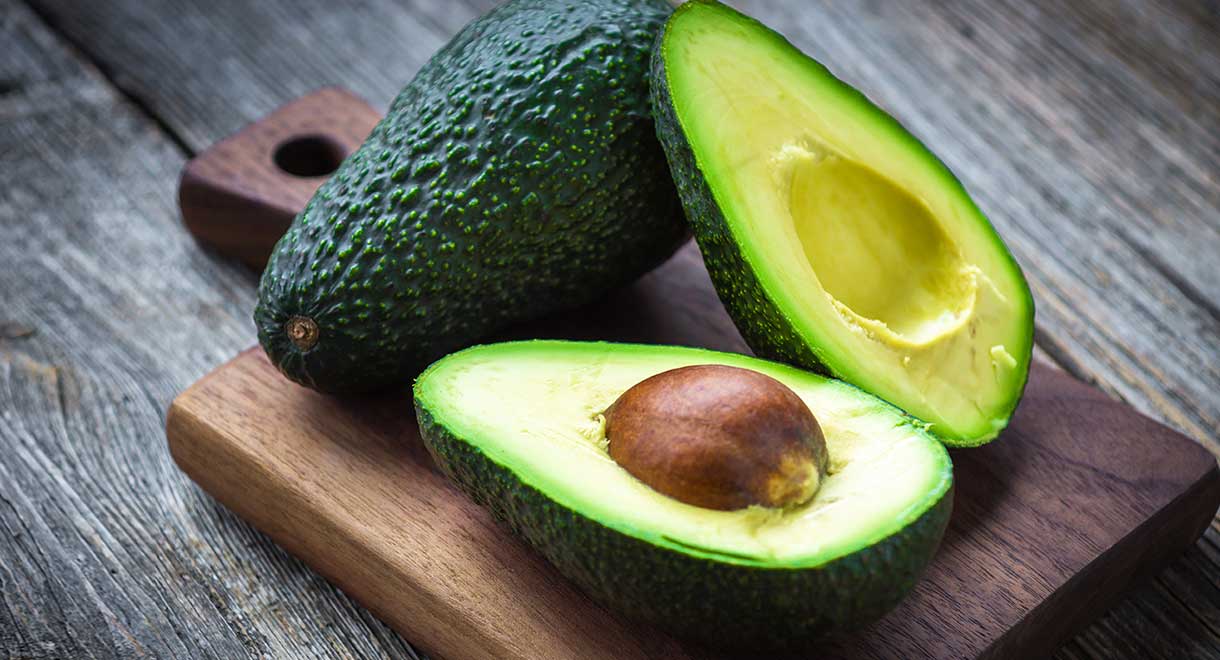

Avocado
This creamy fruit (often thought of as a vegetable) is very versatile and can be used to make dip, healthy pudding, to boost your smoothies, to make a pasta sauce or can be eaten by itself for a healthy snack. They are a wonderful source of healthy fats, folate, potassium and magnesium.
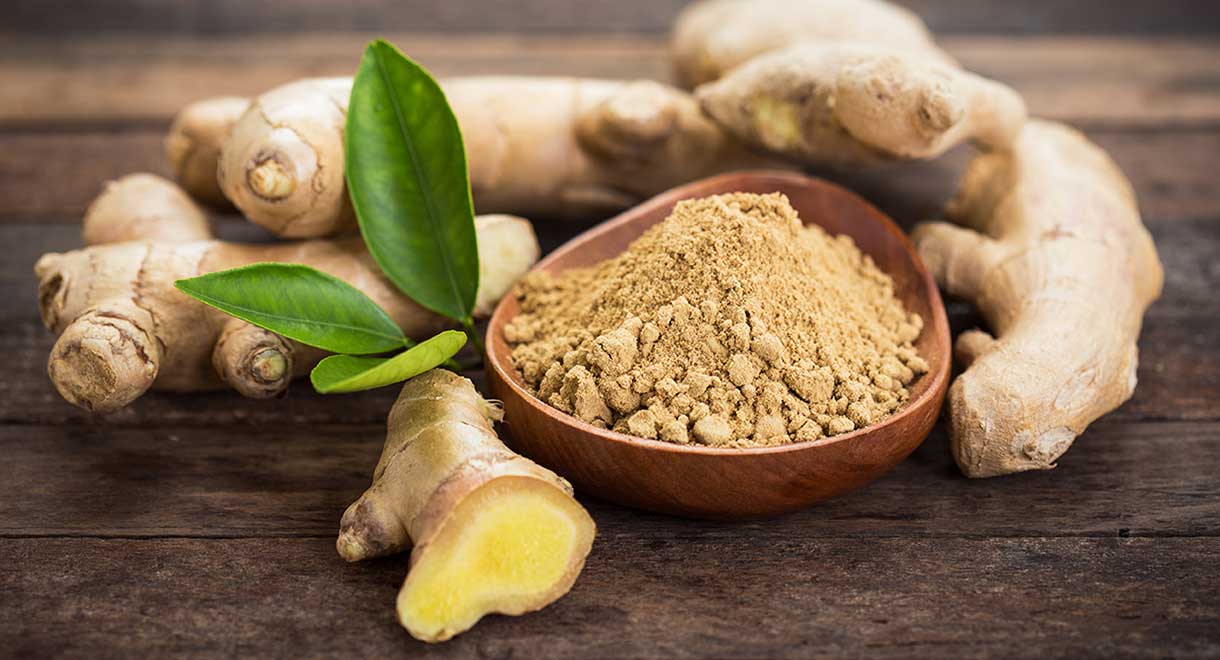

Ginger
This zingy spice can be used in juices, to make salad dressing, to flavour stir fries or curries or can be steeped in hot water to help with nausea, headaches and period pain. The active compound gingerol exhibits anti-inflammatory and antioxidant properties and can help to fight against infection.
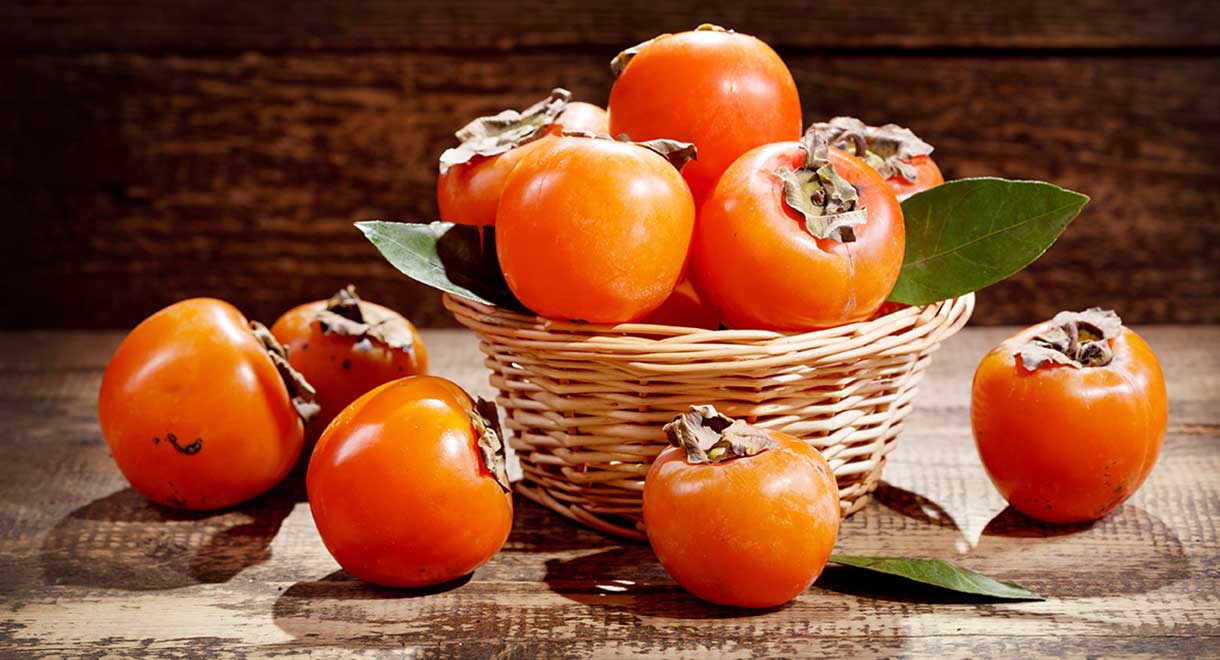

Persimmon
If you are yet to try a persimmon, you are missing out! This wonderful fruit is high in immune-boosting antioxidants and one in particular; fisetin has been shown to have anti-cancer properties. They are also rich in beta carotene, vitamin C, manganese and fibre.
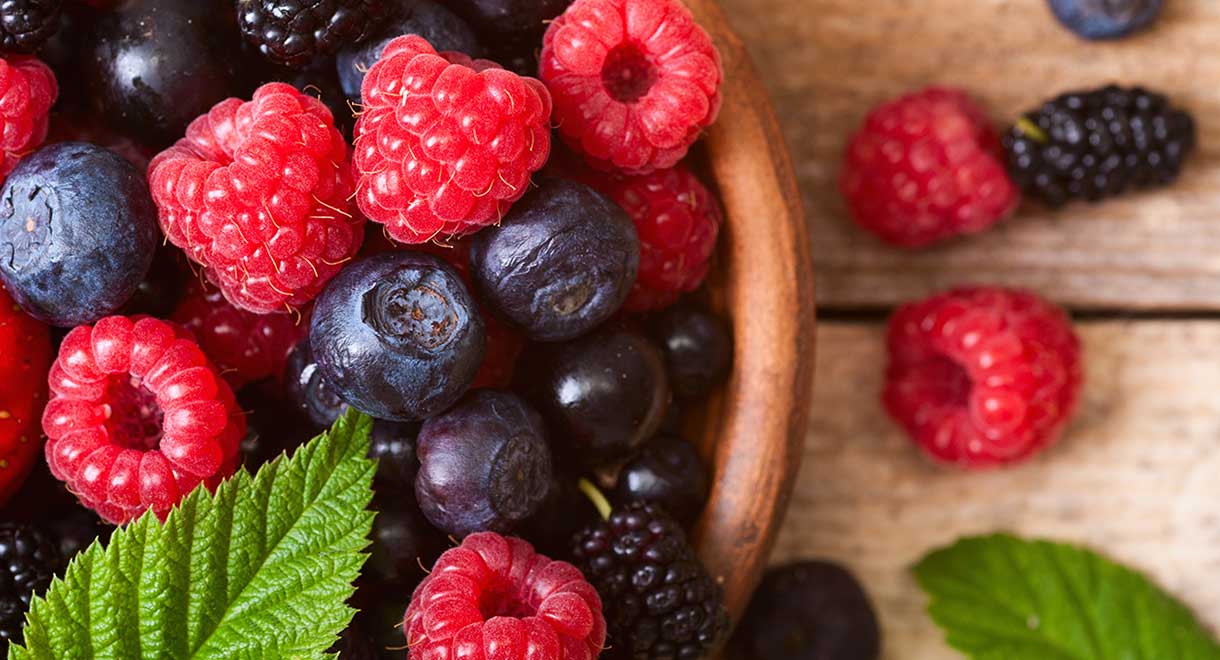

Berries
Blueberries, raspberries, strawberries and pretty much all berries are bursting with antioxidants such as anthocyanins and resveratrol which protect your cells from oxidative damage and reduce inflammation. Berries are high in fibre and low in sugar compared to other fruit so they are great for those with insulin resistance or who are trying to lose weight.
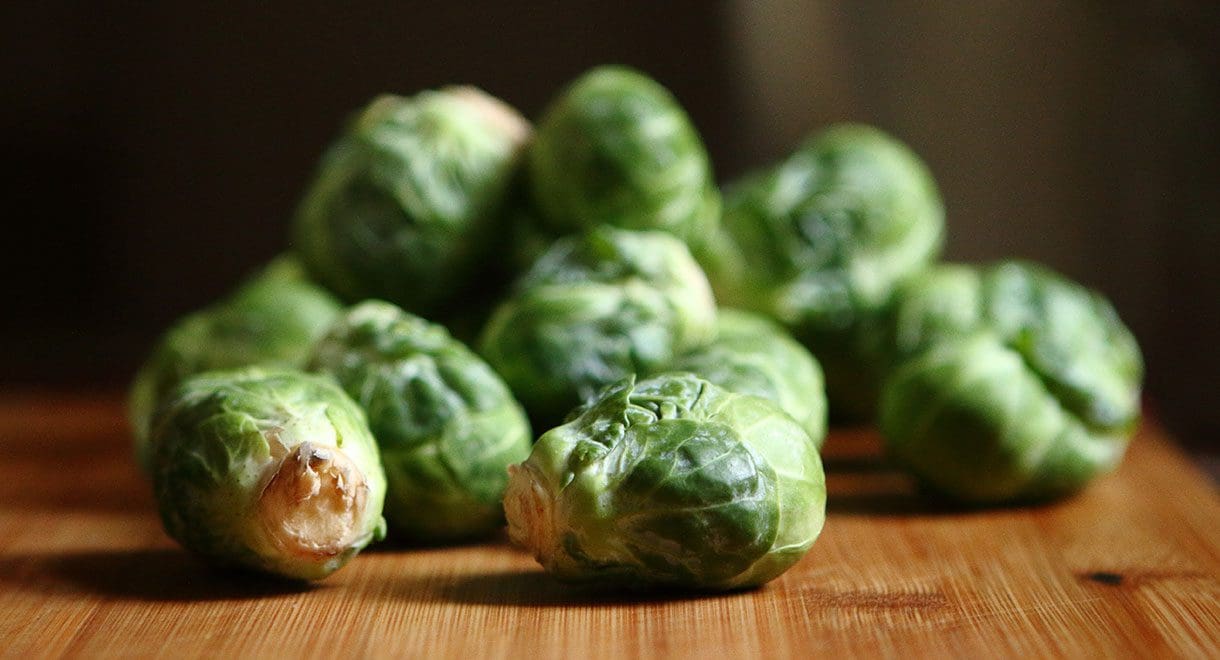

Brussels sprouts
Brussels sprouts often get a bad reputation but if you cook them right, they can be absolutely delicious (stir fried with butter and garlic or roasted with spices are definite favourites!). They are particularly high in vitamin K which is important for bone and heart health and are rich in natural sulphur to support liver detoxification.
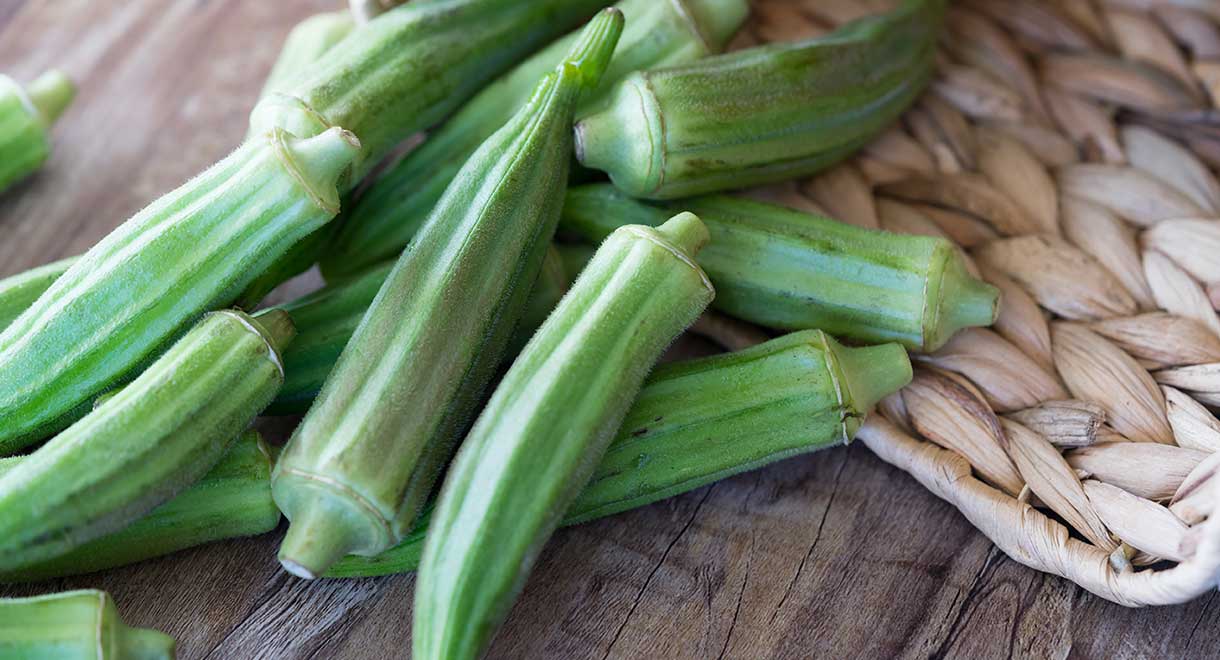

Okra
Also referred to as ‘lady fingers’, okra is high in mucilage making it a little slimy in nature and handy for thickening soups or sauces. It is a fantastic source of dietary fibre which is beneficial for bowel health, appetite control and blood sugar regulation. They can be a little difficult to find in regular supermarkets so you may have to visit a produce store or Asian grocer to get your hands on some!
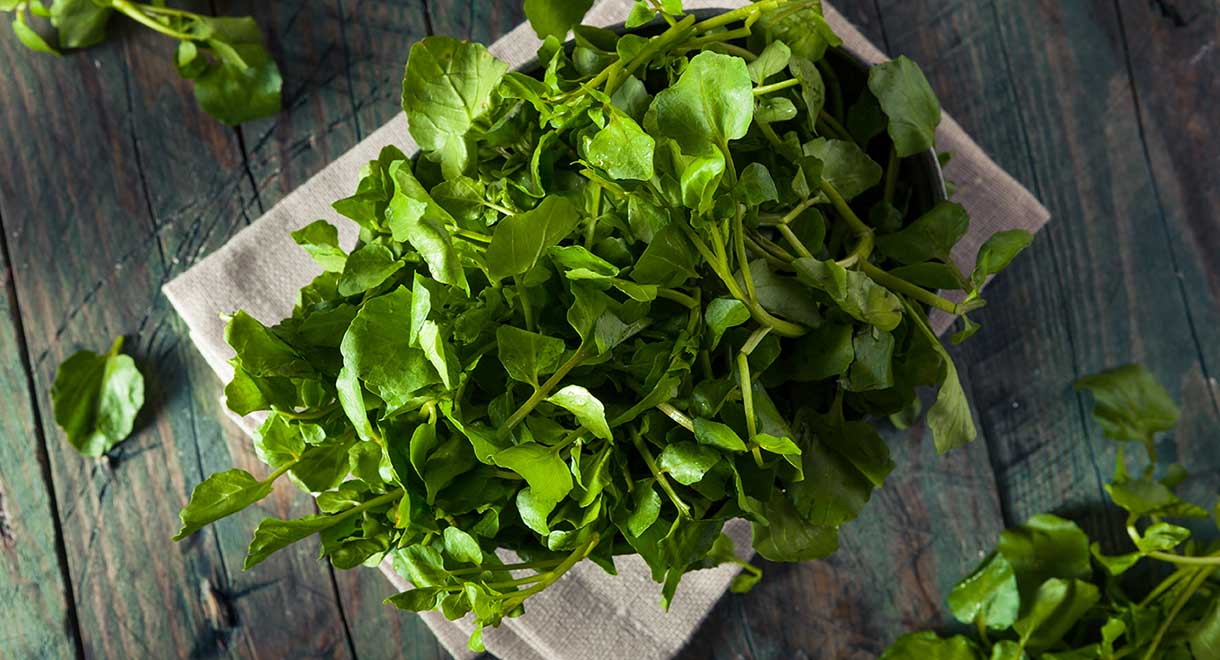

Watercress
Watercress is a small leafy green that is slightly bitter/ peppery in flavour; similar to rocket. It provides more that 100% of your daily vitamin K needs per cup and is high in phytochemicals and glucosinolates which protect cell health. Watercress makes a great addition to a salad or wrap.


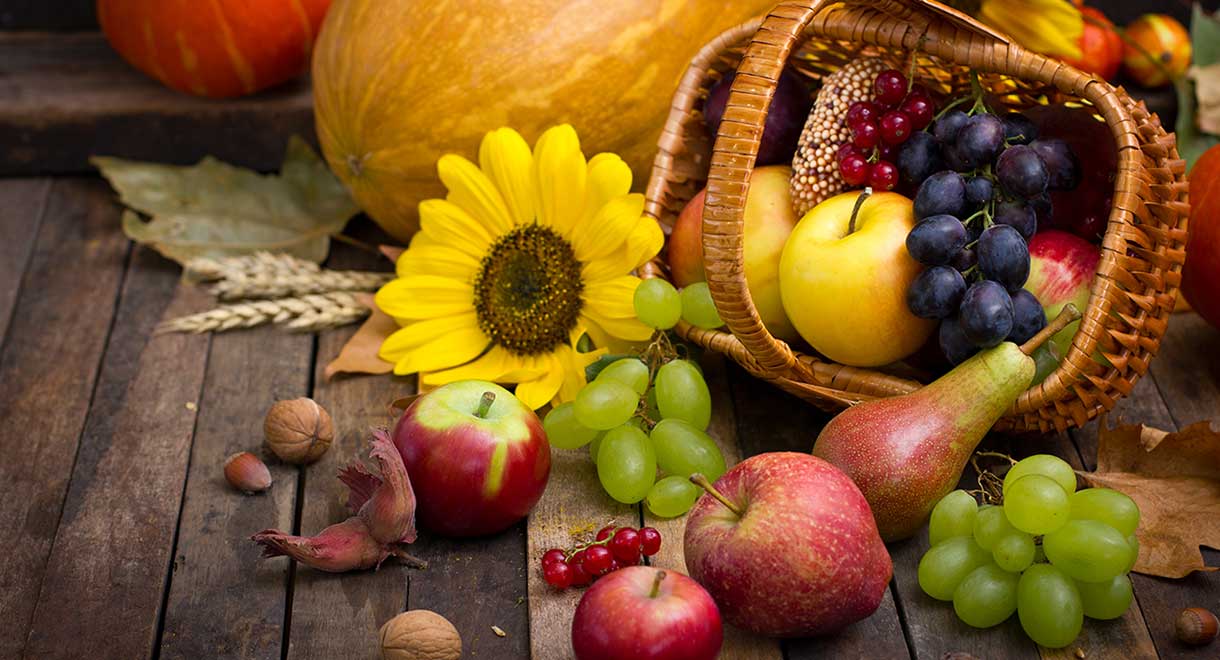



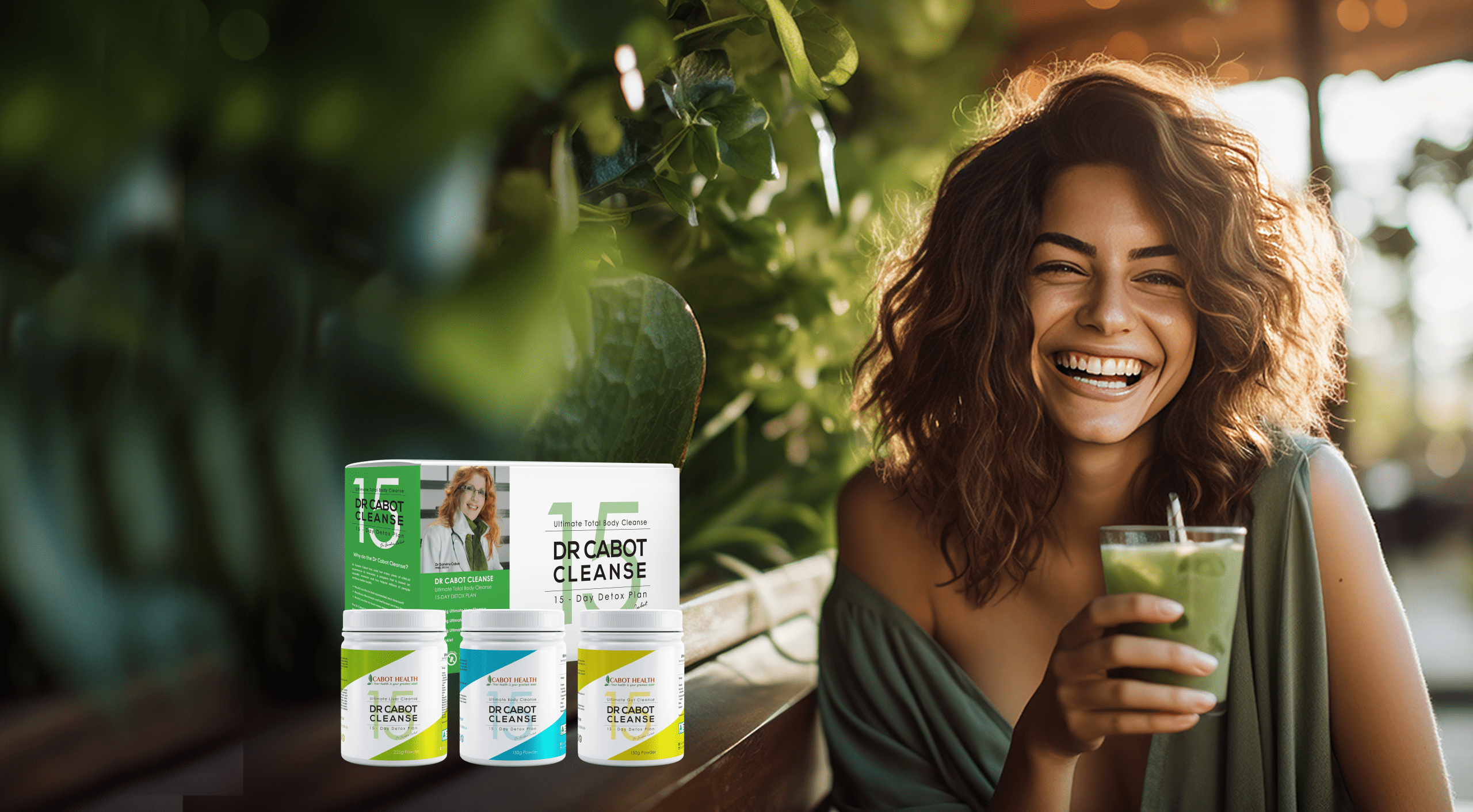

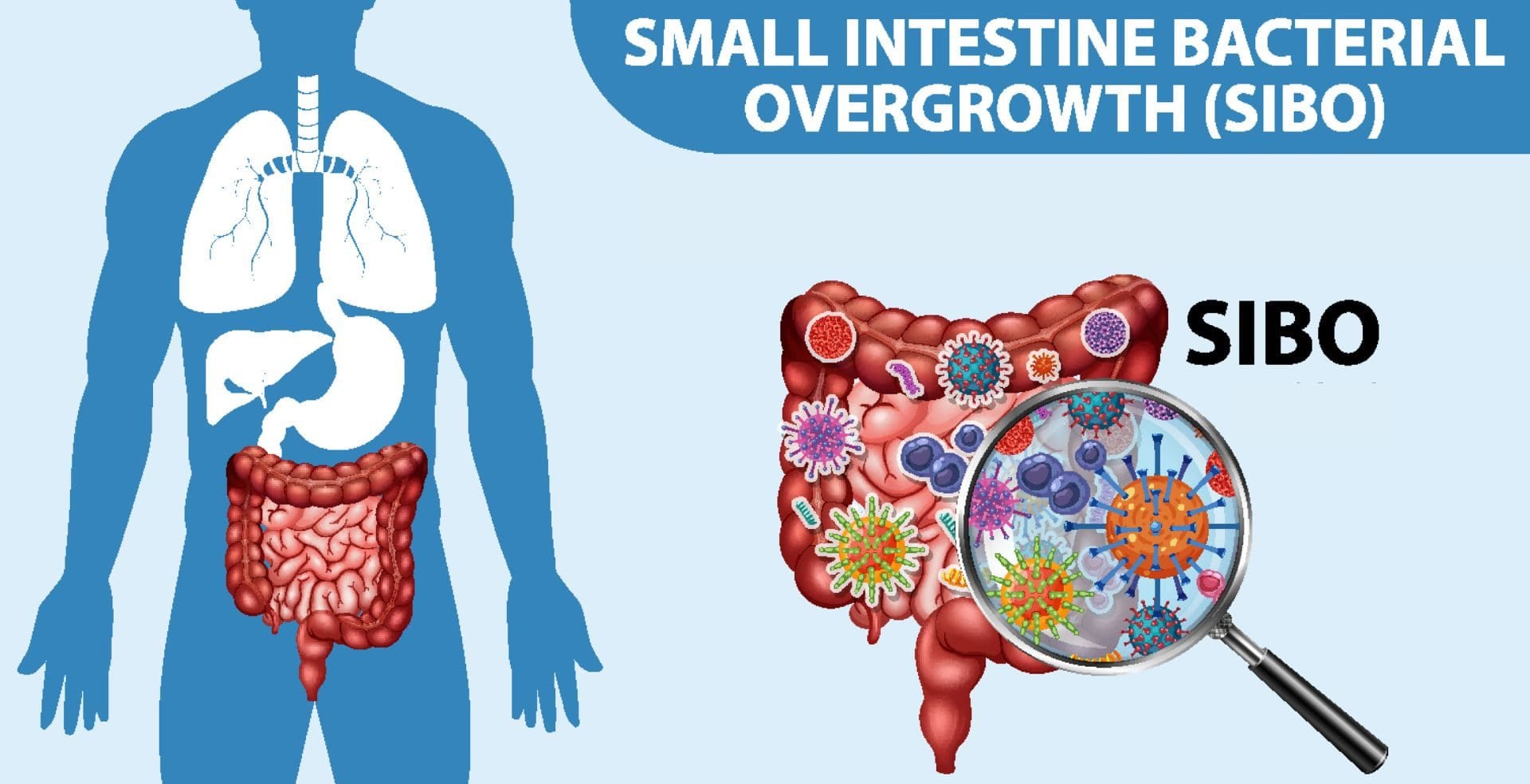
Leave A Comment